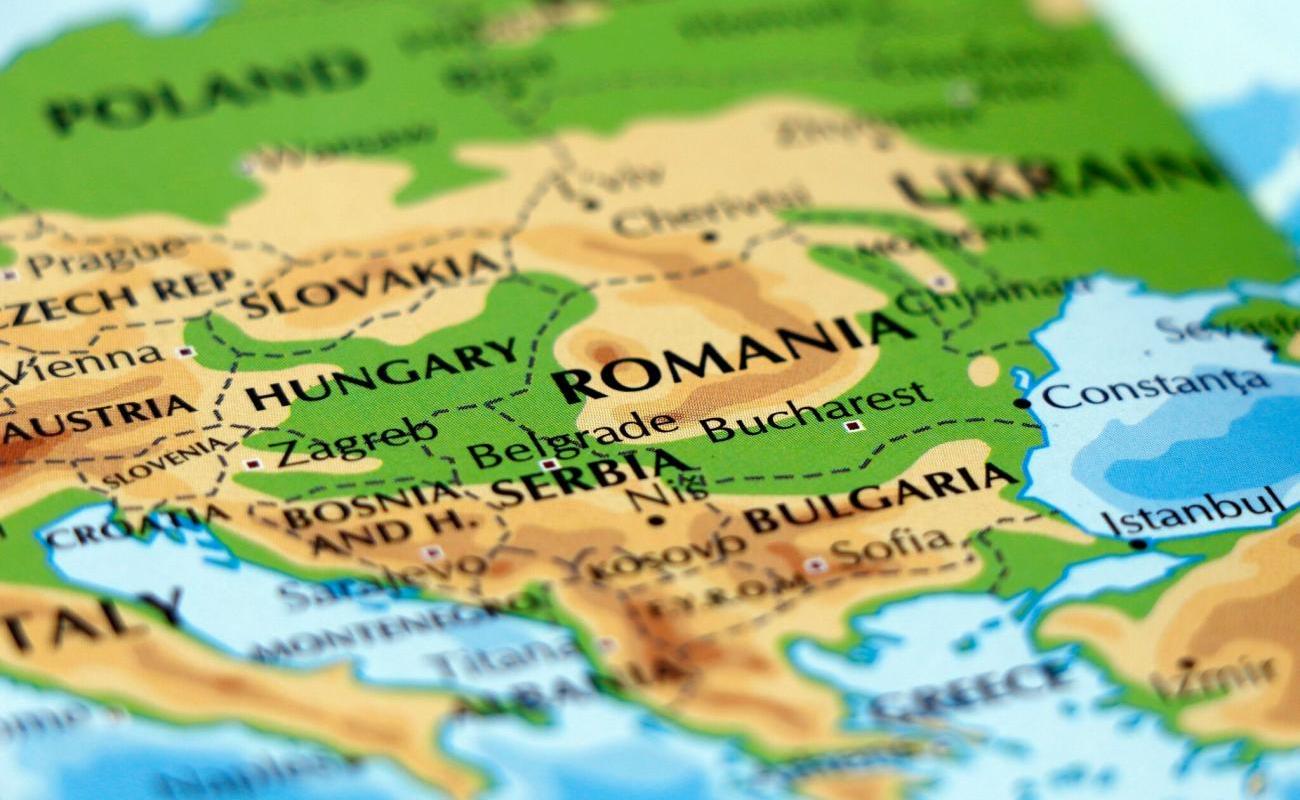The Western Balkans are slipping into the hands of the Chinese: How Beijing's influence is strengthening, while the influence of the EU is melting

Europe is still the largest financier in the Western Balkans, but China's influence is growing, and it distributes loans quickly and with much less bureaucracy, but under its own conditions and with certain negative side effects, writes the daily Die Presse.
The Austrian daily writes that a struggle for influence is taking place in the European Union's environment, and while Russia is fighting for influence in Ukraine with war, in the Western Balkans the battle is not being fought with weapons, but with money.
According to the newspaper, the current situation is described in an analysis by the Vienna Institute for International Economics (WIIW), and in short, it indicates that in the Western Balkans "China's influence is growing, while Europe's influence is melting away".
The author of the research, Branimir Jovanović from WIIW, told Presse that the European Union is still the largest donor in the region, but that China is quickly catching up. ; From 2008 to 2023, the EU has made loans worth a total of 25 billion euros available to the Western Balkans for infrastructure projects. China has pledged 17 billion as part of its Belt and Road Initiative. In Serbia, China has already surpassed the European Union in terms of financial injections, writes Presse.
And all this despite the fact that most governments in the region, according to Jovanović, would prefer to take loans from the Union. He said that Chinese loans are more expensive and have shorter repayment terms than European ones, but they are more flexible and are subject to fewer conditions, which is why they are often the first choice.
However, loans only show part of the picture, writes Presse, because the EU also provides financial assistance to the Western Balkans, while China has provided almost nothing.
From 2007 to 2023, the EU has made available grants of around 13 billion euros to the Western Balkans, while China has provided only 350 million euros to the region from 2001 to 2021.
On average, writes Presse, EU assistance through the Instrument for Pre-Accession Assistance (IPA) and the Economic and Investment Plan for the Western Balkans (WPTF) has contributed 2.4 percent of GDP annually to the entire region, while China's financial involvement has been half that.
"So Europe is the largest financier in the Western Balkans, and will remain so for the foreseeable future. But Europe is also quite sluggish as a donor of money," writes Presse.
"A lot of projects with promised financial assistance from Europe are being implemented at a gruelingly slow pace," said Jovanović, adding that China's role as a creditor is growing primarily because Europe allows it and because it does not interfere excessively.
Europe, according to him, must become faster and less bureaucratic, and not view the region only through the prism of possible EU enlargement, but also through geoeconomic and geopolitical lenses.
And this is because China's presence in the region comes with side effects.
Geopolitically, because Beijing's influence is growing in the region. Economically, because China generally insists that Chinese companies that send Chinese workers participate in infrastructure projects, and with that come certain dilemmas related to corruption, poor quality projects, violations of workers' rights and environmental destruction, said Branimir Jovanović.
